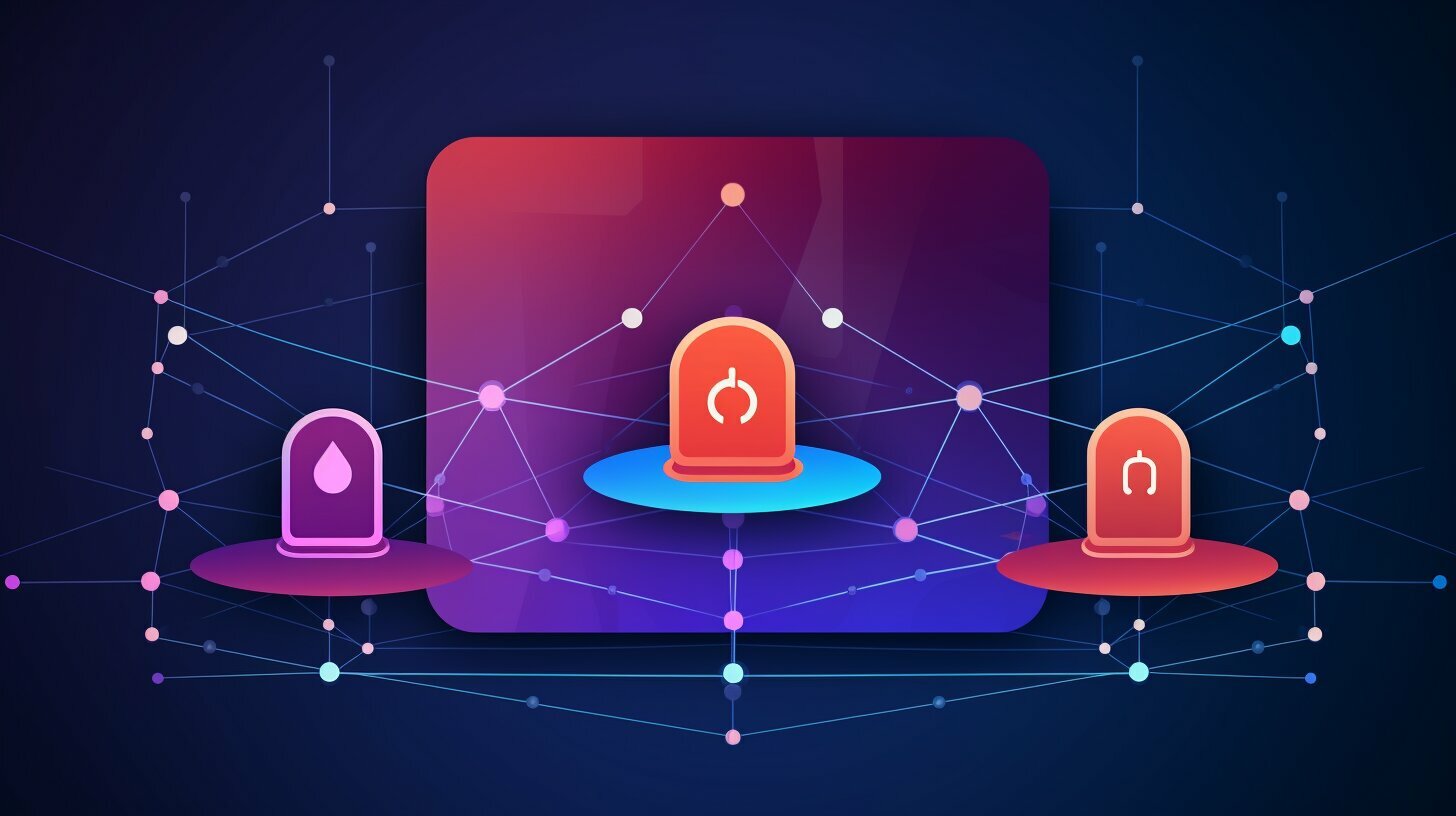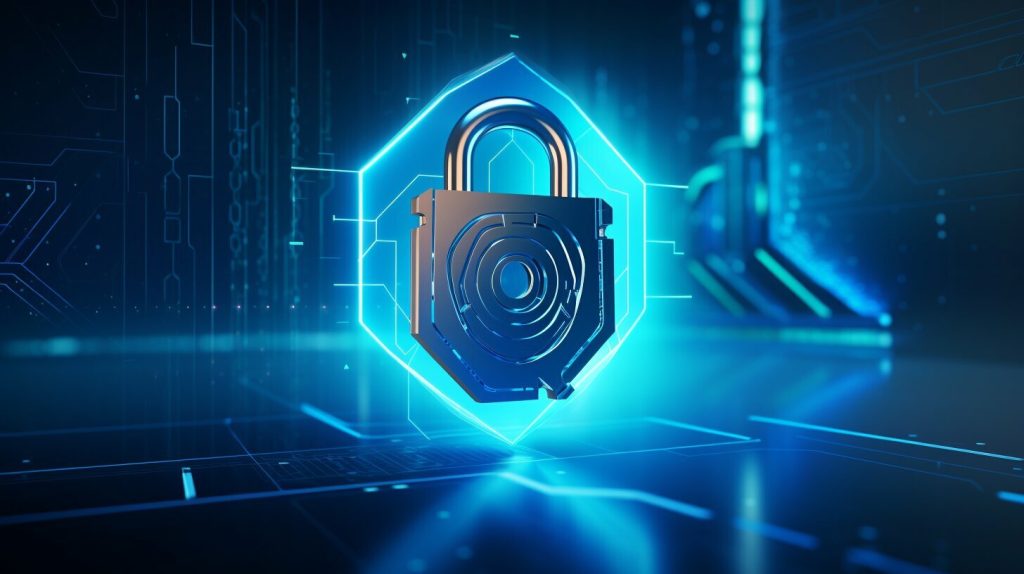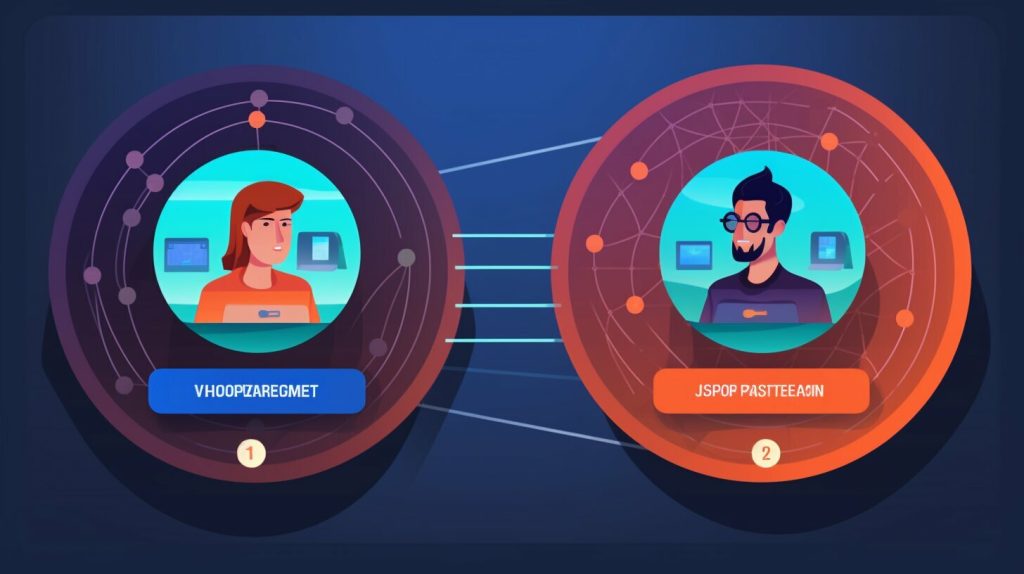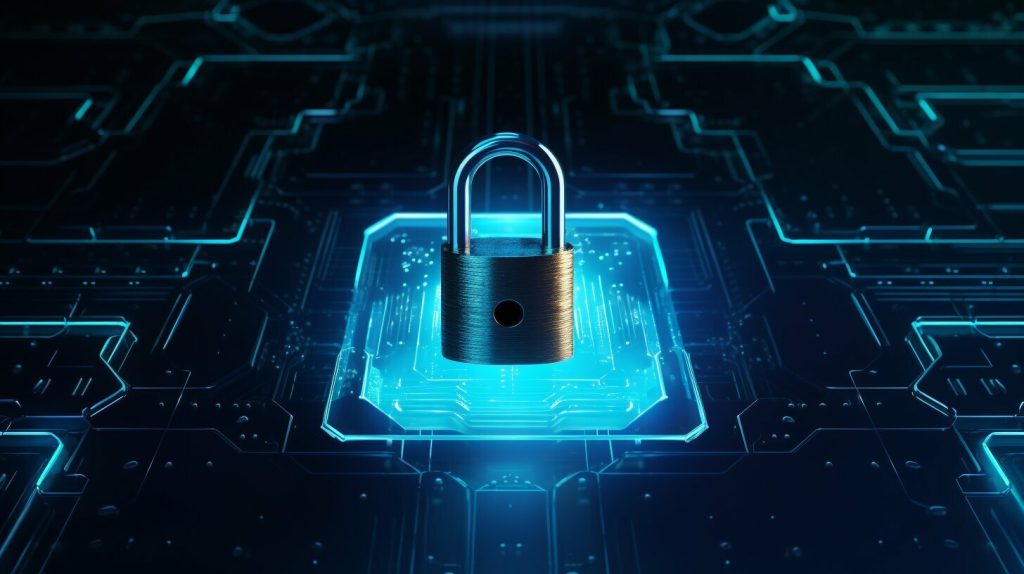
Chris Lawrence is a journalist and chief editor at Wlan Labs. He has been writing about technology for more than ten years. He writes about everything ranging from privacy to open source software. His goal is to educate readers about important topics to help make their lives easier.
In today’s digital age, internet users constantly seek ways to protect their online privacy and secure their data.
One way to achieve this is by using a VPN (Virtual Private Network), which encrypts online communication, making it impossible for third parties to intercept and read.
However, VPNs require users to provide identification details to establish a secure connection. This is where the concept of remote ID comes into play.
A commonly asked question is, what is a remote id for VPN? A remote ID (Identification) for VPN is a unique identification code used to identify a user during the VPN connection process.
It is like a password that helps authenticate the user’s identity, ensuring the security and privacy of their online activity. Understanding what a remote ID is, how it works, and its significance is crucial for anyone using a VPN.
Some Key Points To Consider:
- A remote ID for VPN is a unique identification code used to identify a user during the VPN connection process.
- A remote ID helps in authenticating the user’s identity, ensuring the security and privacy of their online activity.
- Understanding the significance of remote ID is crucial for anyone using a VPN.
The Role of Remote ID in VPN Authentication
In virtual private networks (VPNs), security is paramount. VPN technology allows users to create a secure and private connection over the internet.
However, establishing an encrypted connection is not enough to ensure the safety of sensitive data. This is where authentication comes in, and the remote ID plays a crucial role in this process.
Remote ID in VPN authentication refers to the identifier used to verify the user’s identity during the connection process.
It is a unique identifier different from the local ID, which is the identifier used to differentiate between devices in a network. Remote ID allows the VPN client to verify the user’s credentials and ensure only authorized users access the VPN connection.
Remote identification for VPN is crucial for ensuring the security and reliability of VPN connections.
Without proper authentication, attackers can gain access to the connection and potentially compromise sensitive data. This is why remote ID is an essential part of the VPN connection process.

The Significance of VPN Authentication
VPN authentication is the process of verifying the user’s identity before granting access to the VPN connection. It ensures that only authorized users can access the private network, protecting sensitive data from potential threats.
VPN authentication also prevents unauthorized access to the network, strengthening the overall security of the connection.
VPN identification happens in two ways: pre-shared key (PSK) and public key infrastructure (PKI).
PSK requires both the client and server to use a shared secret key. On the other hand, PKI utilizes digital certificates to verify the user’s identity and is a more secure form of authentication.
VPN remote ID authentication is a crucial part of the VPN connection process. Remote ID ensures only authorized users can access the VPN connection, preventing unauthorized access and potential security threats.
Remote ID is of utmost importance in VPN authentication. It allows the VPN client to verify the user’s identity and only grant access to authorized users.
Without proper authentication, VPN connections are vulnerable to potential attacks and compromises of sensitive data. Therefore, it is essential to use strong authentication methods and keep remote ID settings current to ensure a secure and reliable VPN connection.
| Aspect | Description |
|---|---|
| Definition | The Remote ID is an identifier used in VPN configurations to distinguish the remote VPN endpoint. |
| Purpose | To ensure the correct identification and authentication of the remote VPN server or client. |
| Common Uses | – VPN client configurations – Site-to-site VPN setups – Mobile VPN applications |
| Importance | Ensures secure connections by verifying the identity of the remote endpoint. |
| Configuration | Typically set up in the VPN settings, often alongside local ID, pre-shared keys, and certificates. |
How to Find and Set Up Remote ID for VPN
Remote ID is an important component of a VPN connection that helps to verify the user’s identity during the connection process. In this section, we will guide you on how to find and set up a remote ID for VPN.
It is important to note the difference between remote ID and local ID in a VPN connection. The remote ID is the identifier of the VPN gateway that the user is connecting to, while the local ID is the identifier of the user’s device or network.
The exact process of finding and setting up a remote ID for VPN depends on the VPN client being used. Most popular VPN clients have a dedicated section for remote ID configuration, which can be accessed through the client’s settings or preferences.
To set up a remote ID for VPN, follow these steps:
- Open the VPN client and go to the settings or preferences section.
- Look for the remote ID or peer ID field and enter the required information. This could be an IP address, domain name, or another identifier provided by the VPN service.
- Save the changes and connect to the VPN gateway. The remote ID will verify the user’s identity during the connection process.
Choosing a strong and unique remote ID is important to ensure enhanced security during VPN usage.
In addition to configuring the remote ID, some VPN clients allow for additional configuration, such as pre-shared keys or certificate-based authentication.
Configuring remote ID for VPN might initially seem confusing, but it becomes relatively easy once you get the hang of it.
To ensure a seamless VPN connection, staying informed about remote ID settings and best practices is important.

In some cases, configuring remote ID for VPN might also require configuring local ID settings. Understanding the difference between the two and how they work together to establish a secure VPN connection is important.
Following the steps outlined above, you can configure your VPN client to use a remote ID and enjoy a safer and more private online experience.
The Significance of Remote ID in VPN Usage
As discussed earlier, a remote ID is a crucial component of a VPN connection. It serves as a unique identifier that helps establish a secure and private connection over the internet.
Let’s take a closer look at why remote ID is significant in VPN usage.
The remote ID for a virtual private network is a string of characters that functions as a password for initiating a secure connection.
It verifies the user’s identity during the VPN connection process, ensuring that only authorized users can access the network. The significance of remote ID lies in its ability to prevent unauthorized access to sensitive data and protect user privacy on the internet.
The VPN remote ID meaning and definition can vary depending on the VPN client being used. However, its purpose is always the same – to provide a secure and private connection to the internet.
The remote ID serves as a critical component of VPN authentication, preventing unauthorized access to the network.
The remote ID VPN meaning and purpose go beyond authentication. It also plays a vital role in maintaining anonymity while browsing the web.
By encrypting the user’s internet traffic, the remote ID ensures that their online activity cannot be traced back to their IP address. This makes it an effective tool for bypassing geo-restrictions and accessing region-locked content.
Another significant aspect of remote ID in VPN usage is its ability to protect sensitive data from prying eyes.
Whether personal information, financial data, or confidential business files, the remote ID ensures that all data transmitted through the VPN connection remains secure and private.
This is especially important for users who frequently use public Wi-Fi hotspots, notorious for their vulnerability to cyber-attacks.
The remote ID is a critical component of VPN usage. It plays a significant role in establishing a secure and private connection to the internet, protecting user privacy and data from cyber threats.
By understanding the significance of remote ID in VPN usage, users can make informed decisions about their online security and enjoy a safer and more reliable VPN experience.

The Significance of Remote ID in VPN Usage
In the world of online security, the remote ID plays a vital role in ensuring safe and secure internet connectivity.
As discussed in previous sections, the remote ID is a unique identifier that helps identify and verify the user’s identity during the VPN connection process. But what does this mean for VPN usage, and why is it so significant?
Firstly, remote ID is essential for establishing a secure and private connection over the internet.
When you connect to a VPN, your remote ID verifies your identity to the VPN server, encrypting your internet traffic and shielding it from prying eyes.
This means that your online activities remain hidden from hackers, cybercriminals, and other malicious actors who may be looking to exploit your sensitive data.
Additionally, remote ID also plays a crucial role in maintaining anonymity while using a VPN.
By establishing a unique identifier not tied to your personal information, remote ID helps preserve your privacy and protect your identity online.
This is especially important for users who may be accessing the internet from countries where online censorship and surveillance are prevalent.
Furthermore, remote ID allows users to bypass geo-restrictions and access content that may be blocked in their region.
By appearing to be located in a different country, users can access websites and services that may be otherwise unavailable to them.
This is particularly useful for travelers requiring access to their home country’s content abroad.
In summary, understanding and utilizing a remote ID for VPN is crucial for ensuring online privacy and secure internet connectivity.
By using a strong remote ID and adhering to best practices for VPN usage, users can enjoy a seamless and reliable VPN experience.
What Is A Remote ID For VPN Final Thoughts
In conclusion, we hope this article has helped explain the importance of remote ID for VPN usage.
Whether you are a seasoned VPN user or just getting started, understanding the role of remote ID in securing your online activities is essential.
By prioritizing online security and staying informed about remote ID settings, you can enjoy a safer and more private internet experience.
FAQs
Q: What is a remote ID for VPN?
A: A remote ID for VPN is a unique identification code or label assigned to a user or device connecting to a virtual private network (VPN). It helps verify and authenticate the user’s identity during the VPN connection process.
Q: Why is remote ID important for VPN?
A: Remote ID is important for VPN because it ensures secure and reliable connections. It helps establish a private and encrypted communication channel between the user and the VPN server, protecting sensitive data and maintaining online privacy.
Q: How does remote ID contribute to VPN authentication?
A: Remote ID plays a crucial role in VPN authentication by verifying the user’s identity or device connecting to the VPN server. It helps in preventing unauthorized access and ensures that only trusted individuals or devices can establish a VPN connection.
Q: How can I find and set up a remote ID for VPN?
A: Finding and setting up a remote ID for VPN depends on the VPN client you are using. Generally, you can locate the remote ID settings in the VPN client’s configuration menu. Refer to the VPN client’s documentation or contact their support for specific instructions.
Q: What is the difference between remote ID and local ID in VPN?
A: In a VPN connection, the remote ID refers to the identification code or label assigned to the user or device connecting from outside the VPN network. On the other hand, the local ID refers to the identification code or label assigned to the VPN server within the VPN network.
Q: What is the significance of remote ID in VPN usage?
A: The remote ID in VPN usage is significant as it helps establish a secure and private connection over the internet. It allows users to bypass geo-restrictions, maintain anonymity, and protect their sensitive data when accessing online services or resources through a VPN.

